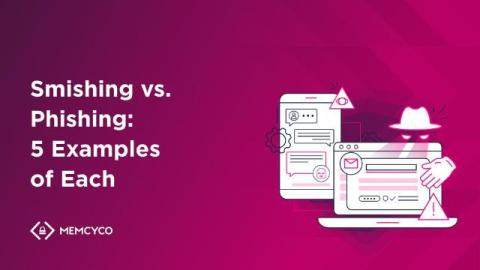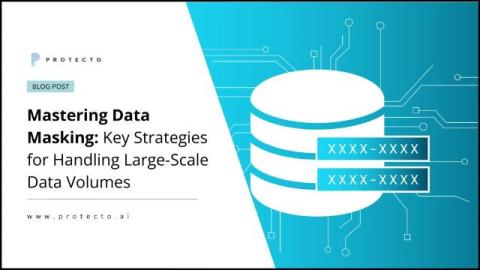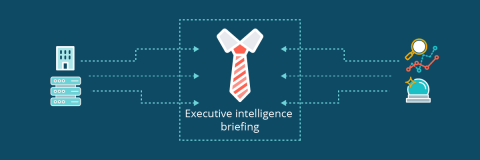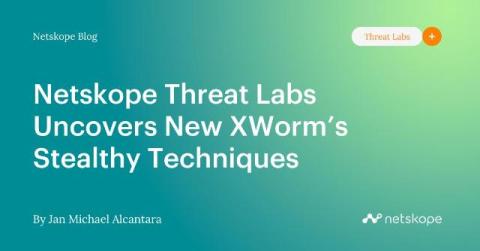What We Know So Far About Zero-Day CUPS Vulnerabilities: CVE-2024-47176, CVE-2024-47076, CVE-2024-47175, and CVE-2024-47177
On September 26, 2024, security researcher Simone Margaritellidisclosed the details of four OpenPrinting Common UNIX Printing System (CUPS) vulnerabilities, that, when chained together, can allow malicious actors to launch remote code execution (RCE) attacks on vulnerable systems. CUPS is a widely used, open-source printing system that supports Linux and other Unix-like operating systems. It also supports ChromeOS and macOS.











